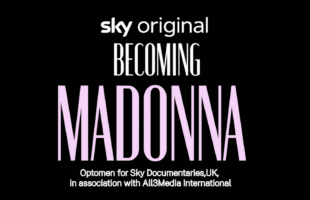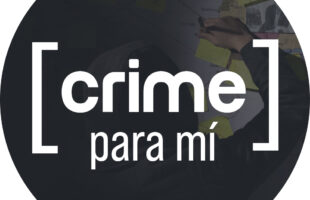Thailand – The Nation reports that RS International Broadcasting and Sport Management (RS) had secured the International Federation of Association Football (FIFA) World Cup Final broadcasting rights before the National Broadcasting and Telecommunications Commission (NBTC)’s “must have” rule advises that all 64 matches of this year’s FIFA World Cup Final must be aired on free TV came into effect in 2012.
The Administrative Court may overturn the rule, says Supan Sueharn, a lawyer for the local holder of broadcast rights to the football tournament.
Under this rule, seven sports events –The Southeast Asian Games, Asean Para Games, Asian Games, Asian Para Games, Olympic Games, Paralympic Games and the FIFA World Cup Final – must be accessible to the public via free TV.
At a hearing on the case, the judges acknowledged that the subsidiary of leading music and entertainment firm RS had held the Thai broadcasting rights to the 2014 World Cup finals since 2005 and the company must be protected by copyright law.
Therefore, those rights could prevail despite the NBTC’s two-year-old must-have rule. “The must-have rule would be inoperable for those rights that have been sealed legally before the rule’s implementation”, Sueharn says.
A legal representative of the NBTC’s broadcasting committee who appeared at court yesterday said the judges had been told that RS would not be affected by the must-have rule because it could run this programme on its newly obtained digital channel as well as its pay-TV platform. RS recently secured a licence to run a digital TV channel for variety programmes.
The Administrative Court is expected to rule on the case within 30 days, well in advance of the 20th FIFA World Cup Finals in Brazil, which will run from June 12 to July 13 2014.
RS has selected 22 of the 64 World Cup matches for telecast on Channel 7, while the remaining matches will be aired through its pay-TV service. It also distributes live broadcasts of Spanish La Liga soccer matches through its set-top “Sun Box”.
In an earlier interview, Natee Sukonrat, chairman of the broadcasting committee, says that RS International was neither a free-to-air nor a pay-TV licensee of the NBTC. Thus, the implementation of this rule cannot possibly affect the company.
The clash of interests between the country’s second-largest music and entertainment firm and the NBTC’s broadcasting committee was sparked last year after the must-have rule took effect. RS believed that the new rule governing the broadcasting industry would have a severe impact on the pay-per-view business.
RS expects that its FIFA World Cup Final broadcasts live from Brazil will bring in more than 700 million Baht in revenue, 80 per cent of which will be from sponsorship and 20 per cent from sub-licensing.








